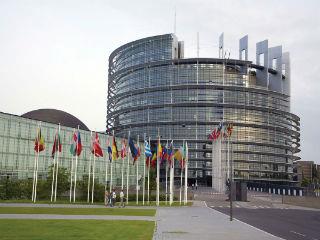EU leaders struck a deal on the long-term EU budget after 24 (!) hours if talks! For the first time there will be a reduction in the EU budget. Let us congratulate British Prime Minister David Cameron. Not only did he dominate during the European Summit last week, but benefitting from an electorally motivated “assist” from the German Chancellor Angela Merkel, he was able to demonstrate that the fabled Franco-German tandem was anything but reality. David Cameron was not alone, Merkel and also the Prime Ministers of The Netherlands and most of the northern member states, the net-contributing countries, were on his side. The keynote speech of French President Francois Hollande last week in the European Parliament showed Europe the future it could have if it follows him down the road of greater centralisation, higher taxes and rigid labour markets. It must have been an eye opener for Ms Merkel and the others.
Look at France, capital flight and falling confidence, on the way to being a fully dressed member of the Club Med, together with Spain, Italy, Greece, Portugal and others. Perhaps Hollande looked like a loser in Brussels but in the meantime he secured €47.5bn for French farmers. Poland, with a blossoming economy and at the same time far out the biggest net-receiving country in the EU, secured its share of the development funds. At any rate Cameron can claim to have won the first reduction on EU spending while defending the sacrosanct UK rebate negotiated by Margaret Thatcher when she was prime-minister at the summit in 1984.
But the knives are sharpened: for the first time the European Parliament can veto the deal made by the 27 EU leaders. The Socialist Martin Schulz, President of the European Parliament, said he was not happy with the result. Most of the leaders of the EP political groups are on his side.




 By: N. Peter Kramer
By: N. Peter Kramer

